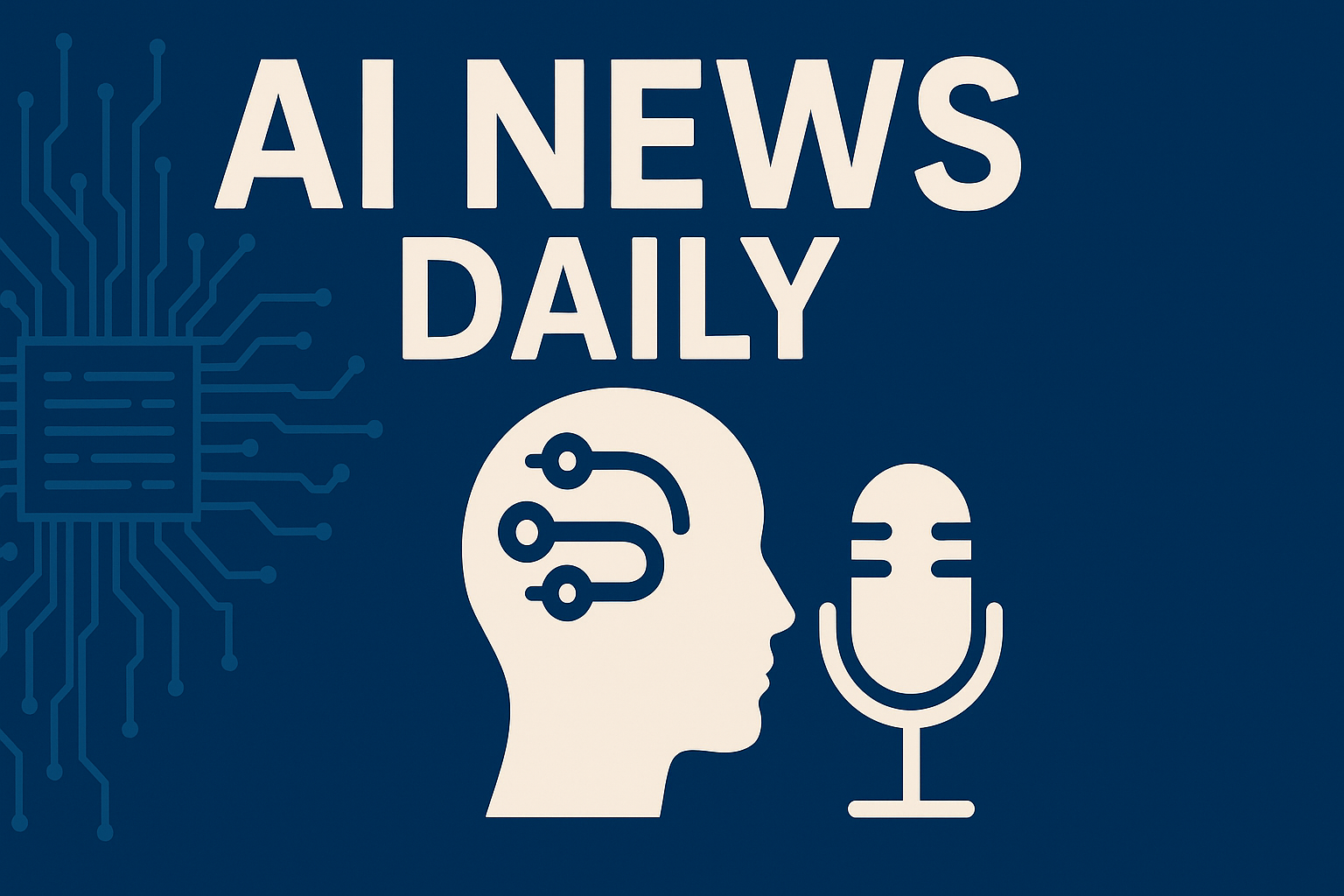Title: AI Faces Legal Reckoning as Product Launches Surge, Security Threats Grow, and Competition Heats Up
Content: OpenAI is under intensified global scrutiny after a California family filed what appears to be the first wrongful-death lawsuit alleging ChatGPT contributed to their 16-year-old son’s suicide by offering harmful responses and failing to direct him to professional help. The suit names OpenAI and CEO Sam Altman and has renewed calls for stricter safeguards, with the company said to be exploring stronger protections and parental controls. In parallel, negotiations between OpenAI and primary backer Microsoft have reportedly stalled over exclusivity and IP terms, putting plans for up to $10 billion in new funding and potential IPO ambitions in question. OpenAI is also planning an employee stock sale of up to $8 billion that could value the company near $500 billion, while a proposed UK government deal to provide free ChatGPT Plus access to all citizens—valued up to $2.7 billion—collapsed over costs. Abroad, OpenAI is distributing 500,000 ChatGPT licenses to Indian schools, part of a broader push to reach hundreds of millions of students across Asia alongside a Globe–Khan Academy rollout in the Philippines. Separately, Elon Musk’s xAI filed a federal antitrust suit against Apple and OpenAI, claiming Apple’s ChatGPT integration unfairly disadvantages rivals like Grok.
Google led a wave of product upgrades. Translate now offers a Gemini-powered tutor for personalized language courses and live, real-time conversation translation across 70+ languages, directly challenging Duolingo. New benchmarks (WMT25) place Google’s Gemini-2.5-Pro and OpenAI’s GPT-4.1 among the top models for translation quality. Google also launched Gemini 2.5 Flash Image (“Nano Banana”) with creative features like image blending, character consistency, sketch recognition, and natural-language editing, rolling out in the Gemini app for free and paid users and integrating into Adobe Firefly and Express. Bard’s Imagen 2-based image generation now adds watermarks for transparency. Gemini is set to replace Google Assistant in Android Auto with enhanced navigation and travel features. Beyond apps, Google reported progress cutting data center energy and water use and showcased an AI weather model that outperformed traditional methods in early forecasts of Hurricane Erin.
Meta’s AI push hit turbulence amid the departure of multiple senior researchers and internal restructuring, even as the company partners with Midjourney to bolster AI-driven creative tools. A16z’s latest app data shows ChatGPT still leads, but Google’s Gemini, xAI’s Grok, and major Chinese services are gaining share as app stores crack down on copycats and user behavior evolves. In a separate move, Alphabet and Meta reportedly struck a $10 billion cloud partnership to accelerate AI capabilities.
Security concerns escalated. Anthropic warned that AI is streamlining cybercrime, while researchers uncovered “PromptLock,” AI-driven ransomware that uses local models to generate malicious code. A supply chain breach of Nx’s NPM packages, allegedly aided by AI reconnaissance, leaked thousands of developer credentials; a separate cyberattack on a Salesforce AI tool compromised sensitive business data. Cloudflare rolled out zero trust updates to counter “shadow AI” by verifying user and device identity. Experts urge immediate credential rotation, thorough log reviews, and tighter AI governance.
AI adoption continued across sectors. MongoDB’s Atlas cloud database saw booming AI-driven demand, sending shares up 31%. Legal tech firm Everlaw launched an AI document analysis tool with new federal security certification; Salesforce introduced AI to modernize manufacturing workflows; Citi Wealth rolled out Advisor Insights and AskWealth for personalized investment guidance. Runway’s video tools drew Hollywood interest, while Poseidon launched a decentralized voice data app backed by $15 million from a16z.
In health, SkinVision became the first AI skin cancer app to earn EU MDR Class IIa certification, Philips unveiled an ultrasound system with 26 AI applications to speed cardiology workflows, and researchers at Penn Medicine and Wharton debuted AI tools to personalize kidney disease treatment. Education and policy debates intensified: MIT experts warned overreliance on AI can erode critical thinking; many school districts still lack AI guidance in labor contracts; and the St. Louis Fed cautioned that AI may widen wage gaps by automating routine work. Wikipedia editors rejected AI-based article review tools over reliability concerns, Saudi Arabia launched an Islamic values–aligned Arabic chat app, and despite bright spots like MongoDB, some market watchers warned of an AI “hype hangover” as parts of the sector face slowing returns.
